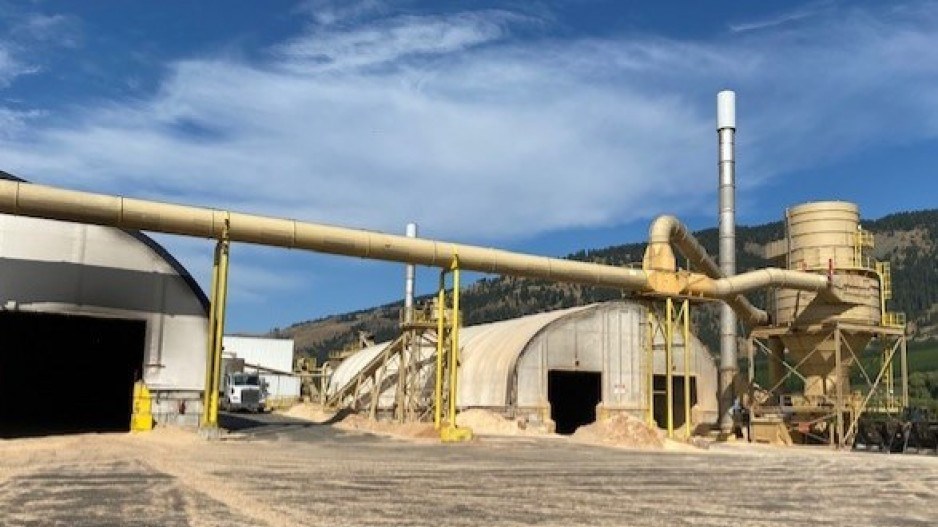The wood pellet sector may be the bottom-feeders of the forest economy, using wood and forest waste that no one else wants to make a renewable fuel, but in Canada, one company alone in that space has contributed $1.1 billion in Canadian GDP and paid $277 million in taxes, according to Oxford Economics.
Oxford Economics was commissioned by Drax Group Plc (LON:DRX) to look at the economic impacts of the company in the UK, Canada and the U.S.
Drax is a private power company in the UK that has diversified in recent years to be become a major wood pellet producer through the acquisition of pellet plants in Canada and the U.S. It uses wood pellets in its own power plant in the UK, which has phased out the use of coal, but also sells pellets to other customers in Europe and Asia.
The Oxford Economics study concludes that Drax globally contributed $4.6 billion in GDP to the UK, Canadian and American economies in 2021, and supported 35,600 jobs -- 3,200 direct, and 21,800 indirect through supply chain and procurement.
Drax now owns 17 pellet plants in North America, including seven in B.C. and two in Alberta.
Wood pellets are at the bottom of the forest economy value chain. Sawmills, pulp mills, engineered wood manufacturers and other wood-based manufacturing produce higher-value products and exports.
Wood pellets are low value products, but are made from something that has practically value at all – sawmill and harvesting waste. In fact, some sawmills might have to pay to landfill sawmill waste, were it not for wood pellet plants willing to take their waste.
The Oxford Economics report doesn’t say how much the wood pellet business in Canada produces in terms of export value. Neither does BC Stats.
In its B.C. trade data, under wood products, BC Stats reports export volumes and values for lumber, pulp, plywood, logs and “other.” Presumably, wood pellets make up the bulk of the “other” category, since most of those “other” exports go to Japan and Europe – the two biggest buyers of B.C. wood pellets.
Those “other” exports have grown in value from $286 million in 2012 to $507 million in 2021, according to BC Stats. Natural Resources Canada put the value of wood pellet exports from Canada in 2012 at $208 million. There is otherwise a lack of up-to-date data on the value of Canadian wood pellet exports.
The Oxford Economics report estimates Drax spent $736 million with Canadian suppliers in 2021, 58% of which was spent in B.C., and 13% in Alberta. Drax directly employs 436 workers in Canada – the bulk of them in B.C.
Indirectly, Oxford Economics estimates the company’s procurement spending supported 7,700 jobs in Canada -- 2,730 of them in B.C.
“We estimate that Drax’s activities generated a CA$1.1 billion contribution to Canadian GDP during 2021,” the report says.
In the U.S., the report estimates Drax’s GDP contribution to GDP at US$1 billion, and tax revenue of US$180 million.




